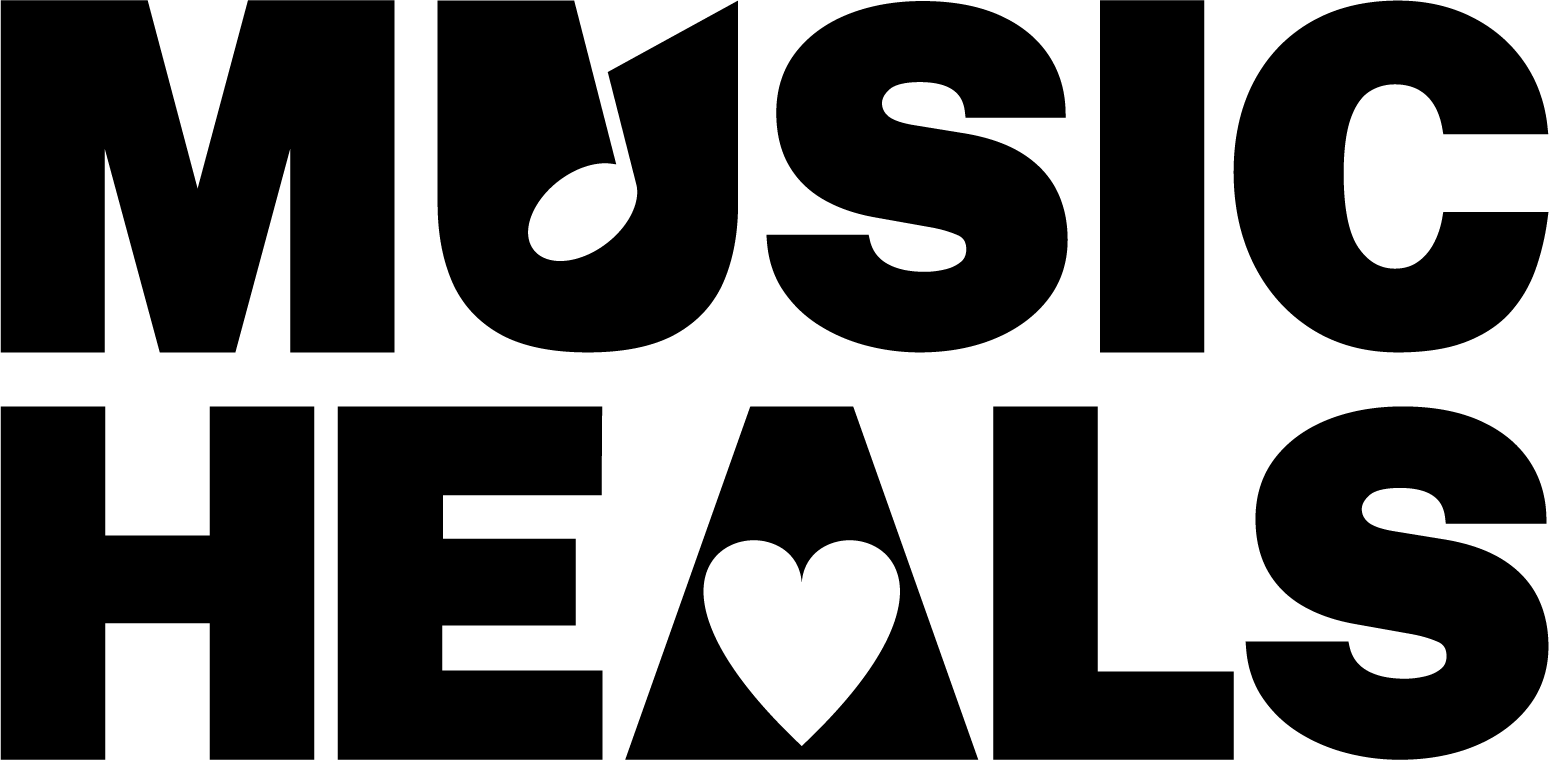Remembrance Day: Music Therapy for Veterans
November 11, 2020

On this day in Canada, we are honouring Remembrance Day to thank the veterans who fought for the freedom we experience in our lives today.
Though we can never repay them of the same magnitude, we feel very lucky to be able to support programs that give back by using music therapy to help them heal through mental health struggles, chronic pain, and/or posttraumatic stress.
Music Therapy cultivates resilience and facilitates healing
PTSD, a condition characterized by enduring symptoms of distressing memory intrusions, avoidance, emotional disturbance and hyperarousal, derives many benefits from music therapy because of music’s long and rich tradition of cultivating resilience and facilitating healing in the wake of violence and oppression (i).
Most psychotherapeutic approaches for treating PTSD involve making new meaning of a traumatic experience (ii). More recently, trauma researchers and clinicians have been promoting the use of alternative (and less intensive) treatment modalities for trauma survivors involving body movement and creative arts – including the use of music therapy.
With a Certified Music Therapist (CMT), music can evoke and influence mood, inspire movement, stimulate speech and facilitate cognitive function. Music therapy can benefit those who suffer from PTSD by helping to access memories that need to be processed during the progression of healing (iii).
“Know that you are safe, know that you are loved.”
For a veteran at Mount St Mary Hospital in Victoria, BC, music therapy helped alleviate his struggles with chronic pain in his head and neck with music therapist, Marie Slade, who uses individualized techniques to help each person with where they are at.
This particular music therapy participant was an intelligent and thoughtful man who had written a self-published book about his thoughts on philosophy and life, which he sometimes read from in the music therapy groups he attended. But as a veteran of the Vietnam War, at times he also struggled with emotions and cognition.
Recently he had not been able to attend music therapy because of his pain and told the music therapist that the doctors at the hospital had tried all kinds of medication but nothing was helping. “I’m so tired of this constant pain,” he shared.
The CMT then suggested using a guided relaxation to music to help let go of tension and emotional stress that may have been contributing to the magnitude of his pain. She got the resident to lie with his eyes closed and led him through an induction where he focused on his breath and letting go of his tension and worries with each out breath.
As the steady rhythm of the piano from the music created a sense of safety and predictability, the violin line ascended slowly giving a sense of optimism and warmth.
He was then asked to notice his surroundings in an envisioned room as she paraphrased some of his writing with comforting statements in a soothing voice: “Know that you are safe, know that you are loved, know that you are life.”
The resident was slowly encouraged to bring back his awareness to the here and now.
“That was absolutely beautiful, thank you,” he said, “I imagined myself in the chapel and when I was there, I knew that I was not alone.”
When asked if he could give his pain a number between 1 and 10 before and after the guided relaxation to music experience he said: “I was just thinking to myself how did this happen? My pain has gone from a 6 to a 1 out of 10. That was truly amazing.”
This Veteran’s bravery in facing his pain and allowing himself to overcome it is a comforting sign of the resilience-enhancing intervention of music therapy (i). In the face of adversity, trauma and tragedy, the power of music allows individuals to harness their ability to recover and heal.




